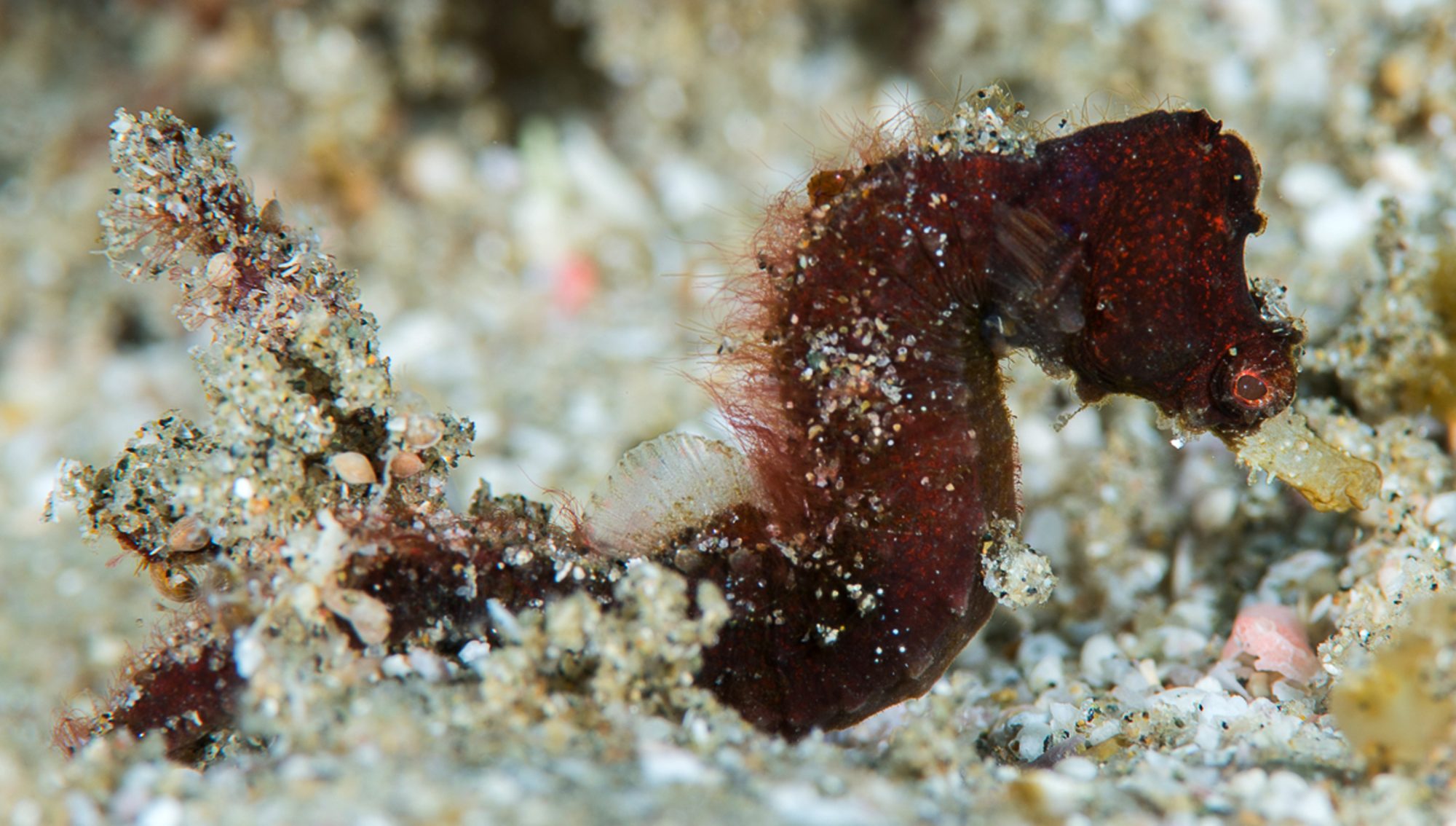

The Nippon Foundation-Nekton Ocean Census, the world’s largest collaborative effort to accelerate the discovery of marine life, today announced the discovery of 866 new marine species. This is a significant step in advancing our understanding of ocean biodiversity, with discoveries expected to grow as the programme continues.
The identification and official registration of a new species can take up to 13.5 years—meaning some species may go extinct before they are even documented. To address this, The Nippon Foundation and Nekton jointly launched the Ocean Census in April 2023 to transform species discovery, accelerating the identification of marine life to close critical knowledge gaps before it’s too late.
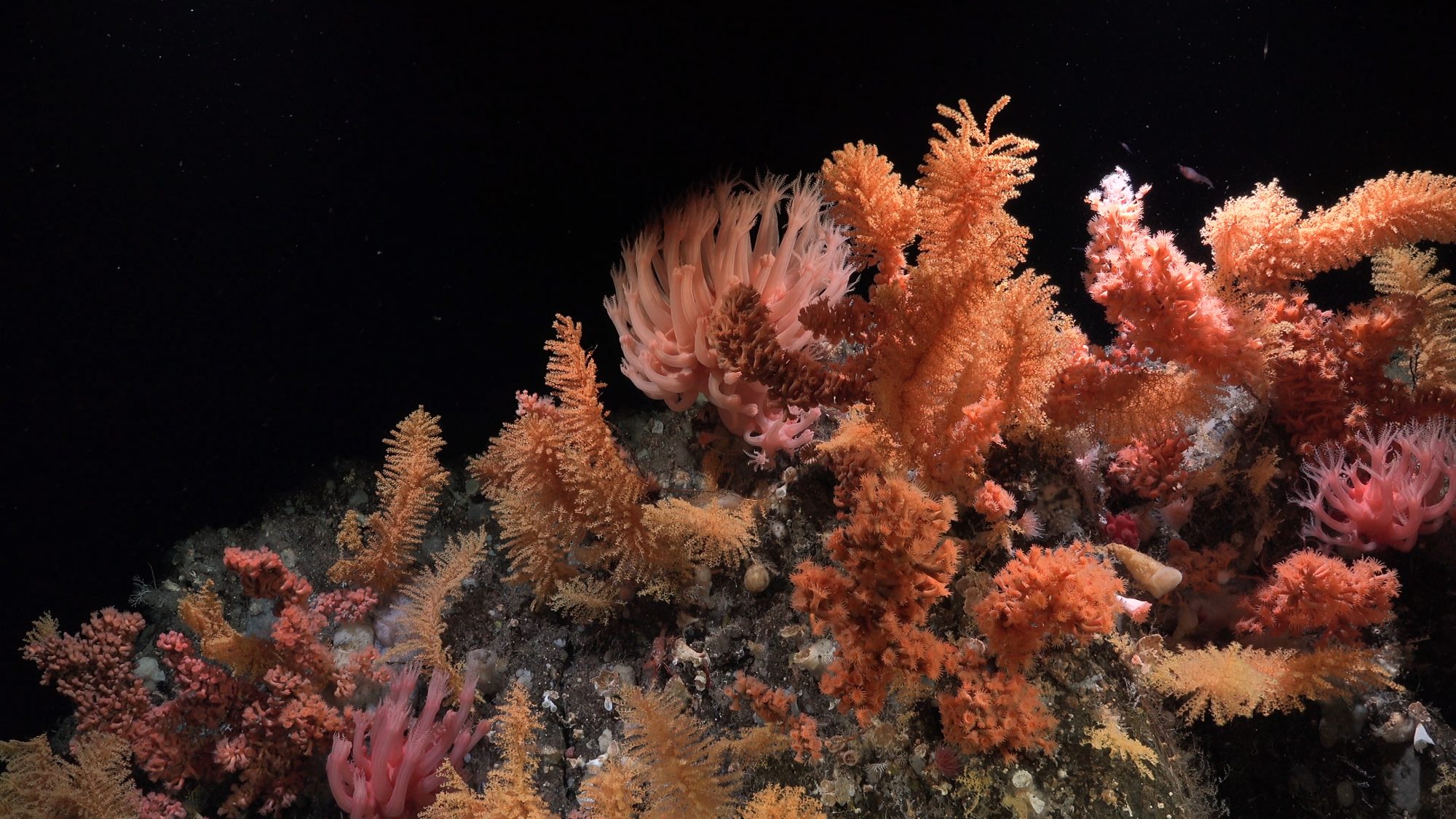
The Ocean Census global alliance has conducted 10 global expeditions and hosted 8 Species Discovery Workshops, awarding 19 Species Discovery Awards to taxonomists worldwide.
New species of shark, sea butterfly, mud dragon, bamboo coral, water bear, octocoral, sponge, shrimp, crab, reef fish, squat lobster, pipehorse, limpet, hooded shrimp, sea spiders and brittle stars—encompassing dozens of taxonomic groups—have been registered to the Ocean Census Biodiversity Data Platform (formerly referred to as the Cyberbiodiversity System). The beta version, developed in partnership with the UN Environment Programme World Conservation Monitoring Centre, is now accessible to researchers and the public alike.
Using divers, submersibles, and remotely operated vehicles (ROVs), new species have been identified from depths of 1 to 4,990 meters, with analysis conducted by collaborating scientists from the Ocean Census Science Network.
New species - encompassing dozens of taxonomic groups - have been registered to the census.
Identified at around 200m depths off Mozambique and Tanzania by world-renowned shark expert David Ebert, also known as the ‘Lost Shark Guy’ (Ocean Census Species Discovery Awardee).
This is only the 38th known guitar shark species worldwide, a group so at-risk that two-thirds of its species are threatened.
Image credits: The Nippon Foundation-Nekton Ocean Census / Sergey Bogorodsky © 2025
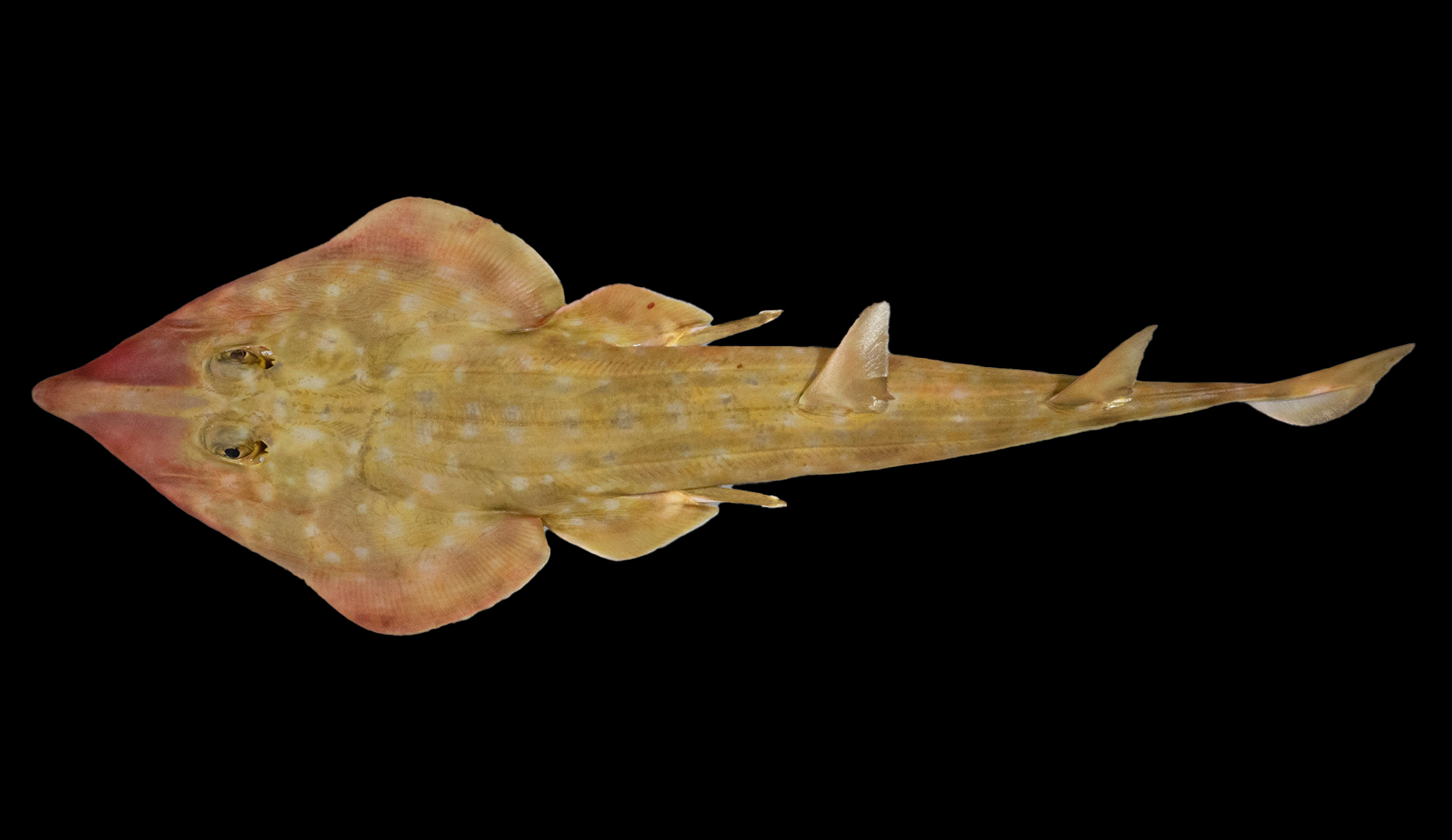
A marine gastropod discovered at 200–500m depths off New Caledonia and Vanuatu by Dr. Peter Stahlschmidt (University of Landau, Germany).
Turrid gastropods possess venomous “harpoons” used to catch prey, producing peptides with potential applications in pain relief and cancer treatment. A drug used to treat chronic pain was originally developed from a related snail family, underscoring the biotechnological promise of new ocean life.
Find out more information about this species.
Image credits: The Nippon Foundation-Nekton Ocean Census / Peter Stahlschmidt © 2025
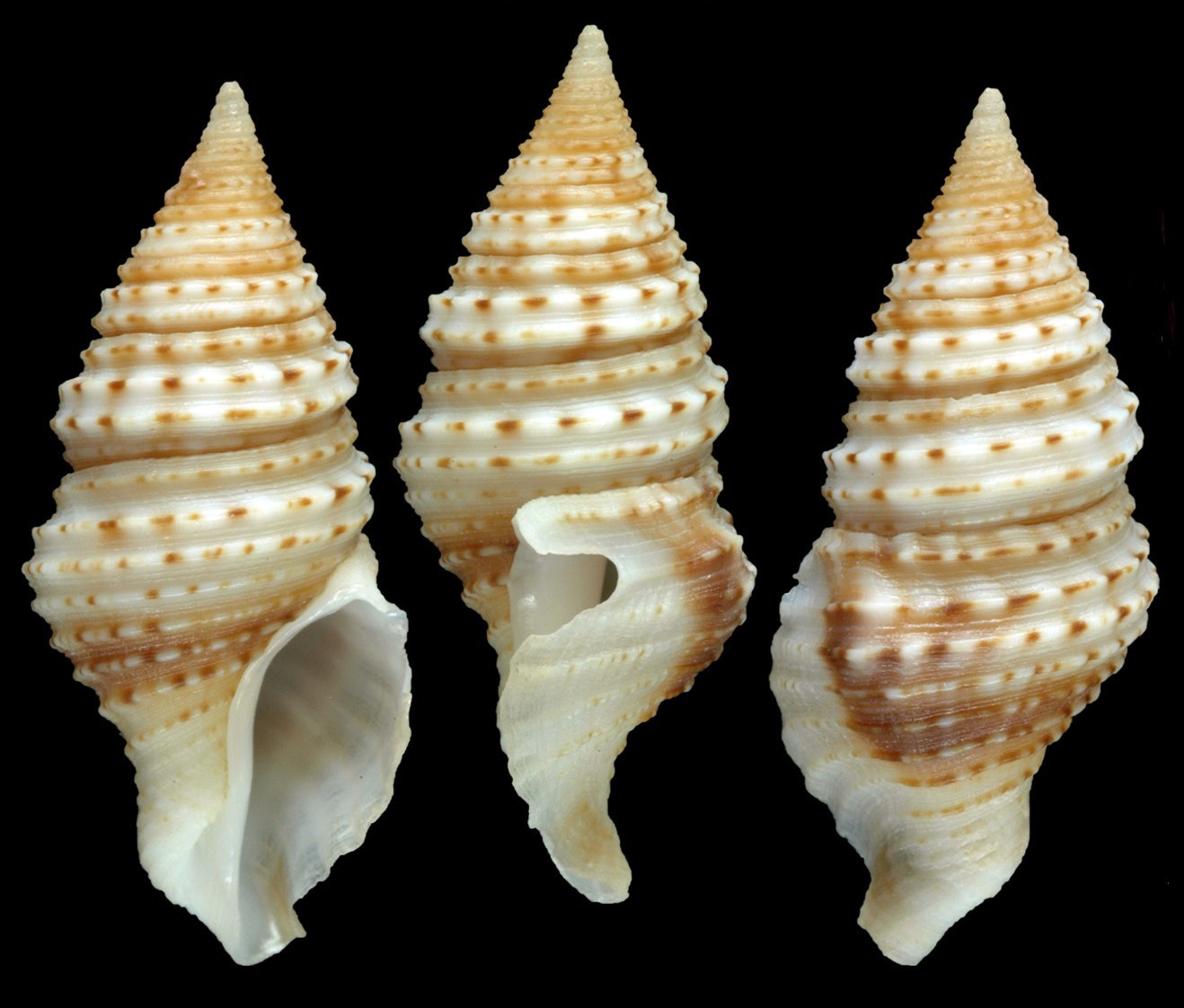
Found in the Maldives by Aishath Sarah Hashim & Aminath Nasath Shanaan (Maldives Marine Research Institute) and Asako K Matsumoto (Chiba Institute of Technology; The University Museum, the University of Tokyo). There are only 5 known species of this genus.
Additionally, this is the first record genus from the Maldives It highlights the diversity yet to be discovered. Octocorals provide essential habitat for marine life and play a key role in reef stability and nutrient cycling.
Find out more information about this species.
Image credits: The Nippon Foundation-Nekton Ocean Census / Asako Matsumoto, Shaaan © 2025
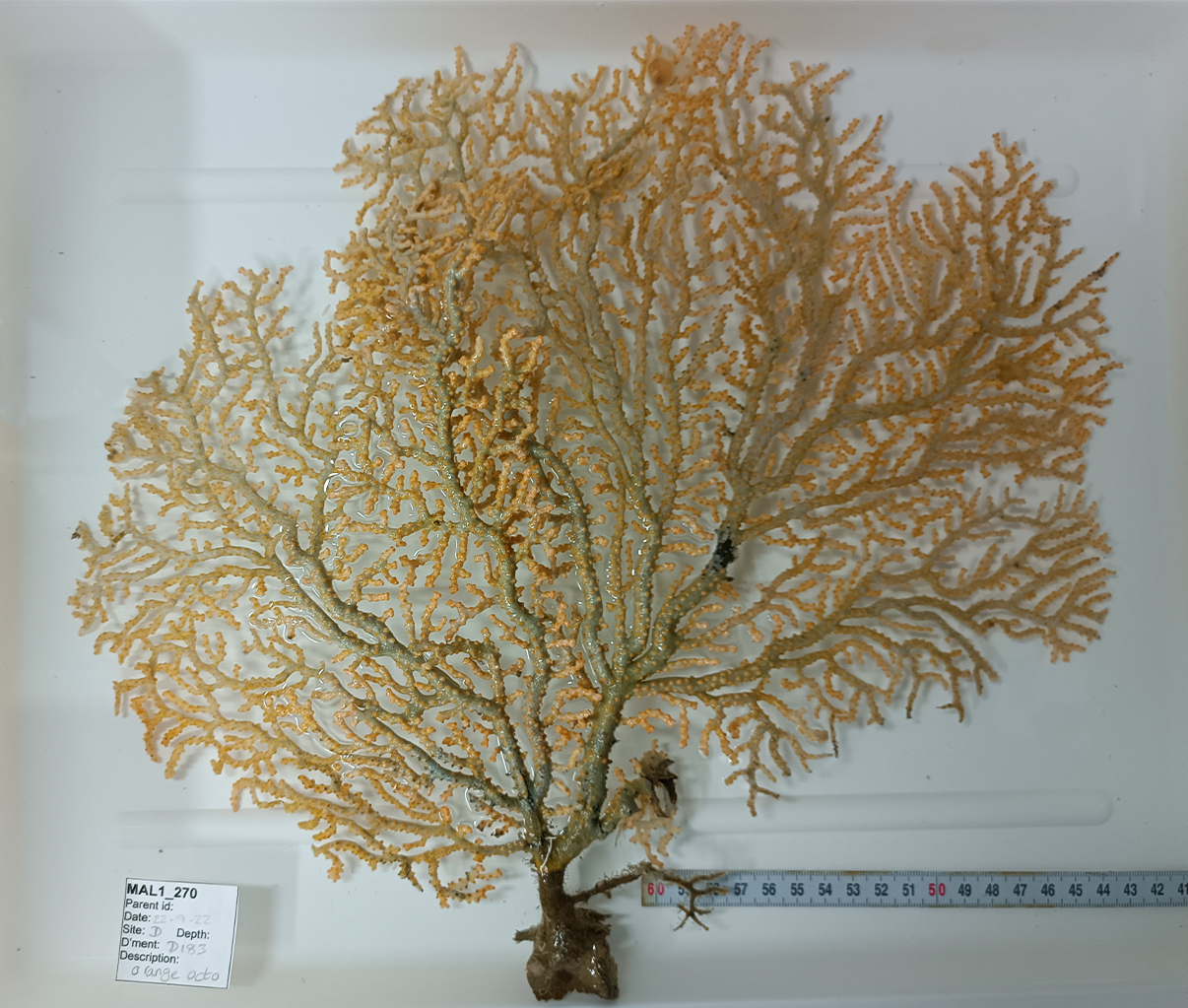

For more information on this story – check out the Ocean Census Newsroom.